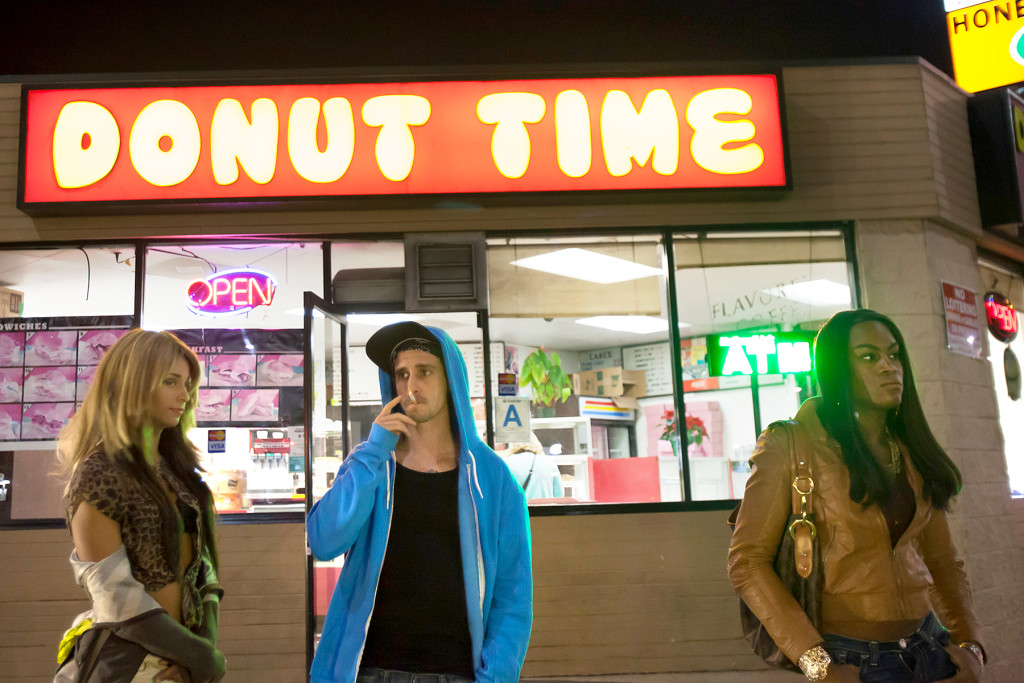Alex Hopkins takes a look at pioneering LGBT films. How have their themes changed, and what can we expect to see in the future?
In March this year, to coincide with the annual BFI Flare LGBT film festival, the British Film Institute published its list of the 30 best LGBT films of all time. The number one slot was given to one of the most critically acclaimed films of this year, Carol, directed by Todd Haines, based on the Patricia Highsmith romance novel The Price of Salt. The 1952 novel was groundbreaking in its depiction of a lesbian romance which did not end in tragedy – instead, there is the suggestion that despite all obstacles, the two female leads will somehow maintain and build upon the love affair that they’ve entered into. The film of the novel is no less rare: throughout the history of LGBT cinema, the fates of gay, lesbian and transgender people have all too often been doomed.
How different the end of Carol is from 2005’s Brokeback Mountain (directed by Ang Lee), which tells of the tortured relationship of two cowboys, played by Jake Gyllenhaal and Heath Ledger. The film may have broken ground in casting two major Hollywood players in gay roles, but concludes violently with Ledger’s character imagining Gyllenhaal’s Jack Twist being beaten to death by a gang of thugs. “I was physically sick when I saw that film,” an ex-lover told me a few years ago after I lent it to him. “Why does it always have to end badly for gay men?”
And yet it has not always been this way. The best LGBT cinema offers us hope amongst the darkness. In the midst of the AIDS epidemic, 1985’s My Beautiful Launderette caused a sensation in its depiction of a gay cross-cultural relationship in working class Britain. 11 years later Jonathan Harvey’s Beautiful Thing was a game-changer in boldly exploring a relationship between two gay teenagers, injecting some much needed optimism into one of the harshest decades for gay men.
LGBT films, by definition, have always been political. Simply by placing characters with dissident sexualities on the screen, they are rupturing a history in which our culture has so often been hidden or denied. The tenderness of Harvey’s Beautiful Thing, for example, changed attitudes and spoke to legions of closeted young gay men; moreover, some of the seminal LGBT films have been overtly political: 1961’s Victim, starring Dirk Bogarde and directed by Basil Dearden, shone an unwavering light of the struggles of gay men at a time when homosexuality was illegal in the UK, and they were, therefore, ripe for blackmail. It is said to have played a pivotal role in engendering sympathy for gay people and leading to the UK’s 1967 Sexual Offences Act which decriminalised homosexuality in private between two men.
It is, of course, impossible to discuss LGBT film without looking at the work of Pedro Almodovar. The Spanish filmmaker’s Law of Desire (1987) broke away from stereotypical representations of gay men which had for so long focused on shame and homophobia. In 1999 All About My Mother did for trans people what Law of Desire had for gay men: it refused to sensationalise them, instead sensitively focusing on the reality of their individual stories, whilst looking at the issues in the context of wider themes such as bereavement. No other gay filmmaker has so successfully crossed over into the mainstream.
Still from Tangerine (2015). The story follows a transgender sex worker who discovers her boyfriend and pimo has been cheating on her.
If Almodovar was the enfant terrible of Spanish cinema, his (French) recent counterpart is perhaps Xavier Dolan. “Precocious talent” are the words that immediately come to mind when one thinks of the French-Canadian filmmaker. Not only has he written and directed six feature films, but he has also taken the lead role in three of them. He has won multiple awards at the Cannes film festival – with 2014’s Mommy scooping the Jury prize – and has still somehow found the time to throw in a dozen acting jobs and 30 plus voice over credits. Not bad for a 27-year-old. His first film, 2009’s I Killed My Mother is typical of his work in that homosexuality – while it exists in the film – is not Dolan’s central preoccupation. For example, only later do we learn that Hubert’s friend Antonin is his boyfriend. The teenager’s struggles to find his place in the world – and negotiate a relationship with the mother he both loves and despises – are not determined by his sexuality, but rather by the universal themes we all grapple with – independence, rage and perceived abandonment by a parent. Again, like Almodovar, his message is perhaps the most powerful one of all: these people really are no different from you or I.
This idea of ordinariness, with its infinite potential to break down people’s perceptions about LGBT people, is arguably the future of LGBT filmmaking, being particularly relevant in the age of equal marriage. It was perhaps most beautifully expressed in recent years in Andrew Haigh’s 2011 film, Weekend. Here was a film in which gay men appeared to at last be free of the problems which had so long plagued them on the screen – two young men tentatively building a relationship, which though short-lived would, it is strongly suggested, shape the rest of their lives. Andrew Haigh would go on to produce the popular HBO series Looking – again a non-judgmental exploration of ordinary gay lives, but this time in San Francisco. Looking: The Movie premiers on HBO on July 23, and promises to be the film to represent the challenges that LGBT people face today.




Join the conversation
You are posting as a guest. If you have an account, sign in now to post with your account.
Note: Your post will require moderator approval before it will be visible.